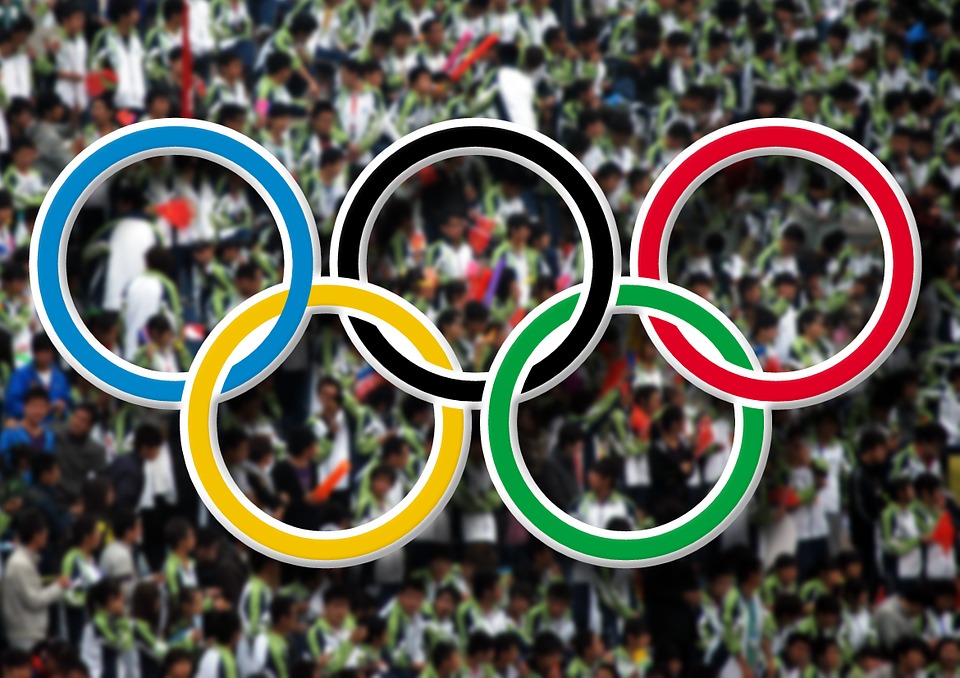The International Olympic Committee (IOC) and the Tokyo 2020 Organizing Committee met yesterday, September 25th to discuss what a post-coronavirus pandemic Olympic Games might look like next year.
The collaborative meeting reviewed more than 50 measures that have been designed thus far in an effort to maximize cost savings and increase efficiencies in the postponed Games’ delivery. The measures are divided into the 4 categories of stakeholders, infrastructure, promotion, and other areas of interest.
The group also reviewed updates pertaining to coronavirus pandemic-related countermeasures that may in place for the postponed Olympic Games. The IOC, together with Tokyo 2020 and the All Partners Task Force, which includes the World Health Organization (WHO), the IPC, the Government of Japan, and the TMG, with input from experts in relevant areas, have reviewed a range of scenarios that could be in effect during the Games next year.
The possible countermeasures have been grouped into seven areas: travel/country access; physical distancing; personal protective equipment/cleaning; food and beverage; testing/tracking/isolating; information provision and vaccines. The group said that these preparations will continue to evolve in line with the monitoring of the global situation and its impact on Games preparations.
Speaking after the meeting, Tokyo 2020 Coordination Commission Chair John Coates said, “Built from the principles outlined by the Joint IOC and Tokyo 2020 Steering Committee, these optimisations and simplifications mark an important step towards delivering a safe and successful Games in 2021. We owe it to the public to enact these measures during these challenging times, that’s why we’ve left no stone unturned and will continue to look for further opportunities over the coming months.
“The unique task of reorganising an Olympic Games has called for the Olympic Movement to be stronger together – this milestone illustrates our collective commitment. The ‘Tokyo Model’ will not only deliver a Games fit for a post-corona world, it will become a blueprint that will benefit future Organising Committees for many years to come.”
Tokyo 2020 President Mori Yoshiro added, “Considering the current state of the world, we have been discussing how we will be able to deliver a safe and secure Games that can win public understanding in these challenging times. After we established a broader direction that the Games in 2021 should be simplified, we have been working closely together with the IOC, the IPC and various stakeholders such as IFs, NOCs, NPCs, partners and broadcasters, in every possible area that can contribute to simplifications.
“This process will benefit future society – becoming a role model for future global events as people adapt to living in the new normal. We will make all efforts to ensure that in the future the Tokyo 2020 Games will be a legacy. We will continue to work hard on simplifications towards next year and ask for the continued cooperation of all those involved in the Games.”
